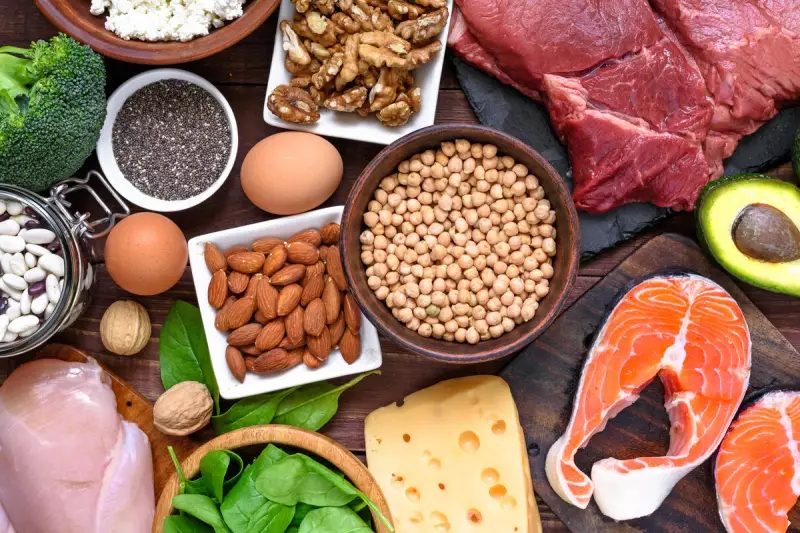
New research suggests that increasing protein intake as you age could play a crucial role in maintaining muscle mass and overall health. The findings highlight the importance of dietary adjustments for older adults to combat age-related muscle loss and frailty.
The Science Behind Protein and Ageing
Scientists have long known that protein is essential for muscle repair and growth. However, recent studies indicate that older adults may require higher protein intake to counteract the natural decline in muscle mass, a condition known as sarcopenia.
Plant-Based vs. Animal-Based Proteins
While both animal and plant-based proteins can contribute to muscle maintenance, plant-based sources such as beans, lentils, and quinoa offer additional benefits. These include fibre, antioxidants, and lower levels of saturated fats, which are beneficial for heart health.
Practical Tips for Increasing Protein Intake
- Incorporate protein-rich snacks like nuts or Greek yoghurt into your daily routine.
- Opt for lean meats, fish, or plant-based alternatives like tofu and tempeh.
- Consider protein supplements if dietary intake is insufficient, but consult a healthcare provider first.
Expert Opinions
Nutritionists emphasise that while protein is vital, a balanced diet rich in fruits, vegetables, and whole grains is equally important. "Protein should be part of a holistic approach to nutrition," says Dr. Emily Carter, a leading dietitian.
As the population ages, understanding the role of protein in maintaining health and mobility becomes increasingly critical. This research underscores the need for tailored dietary advice for older adults.





